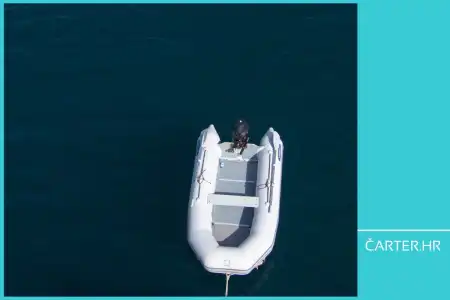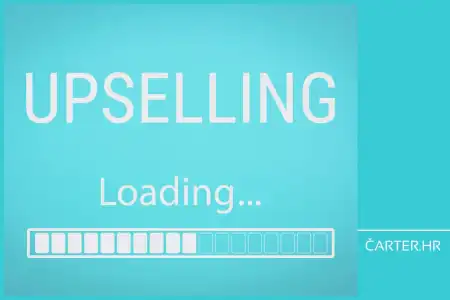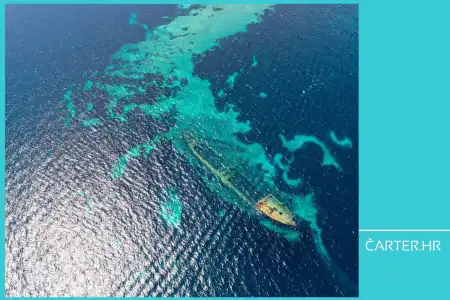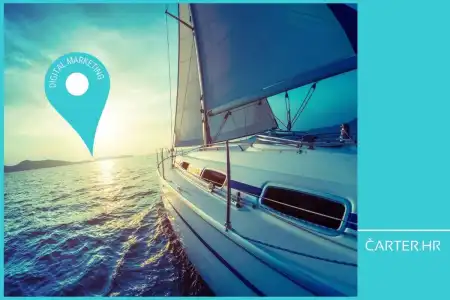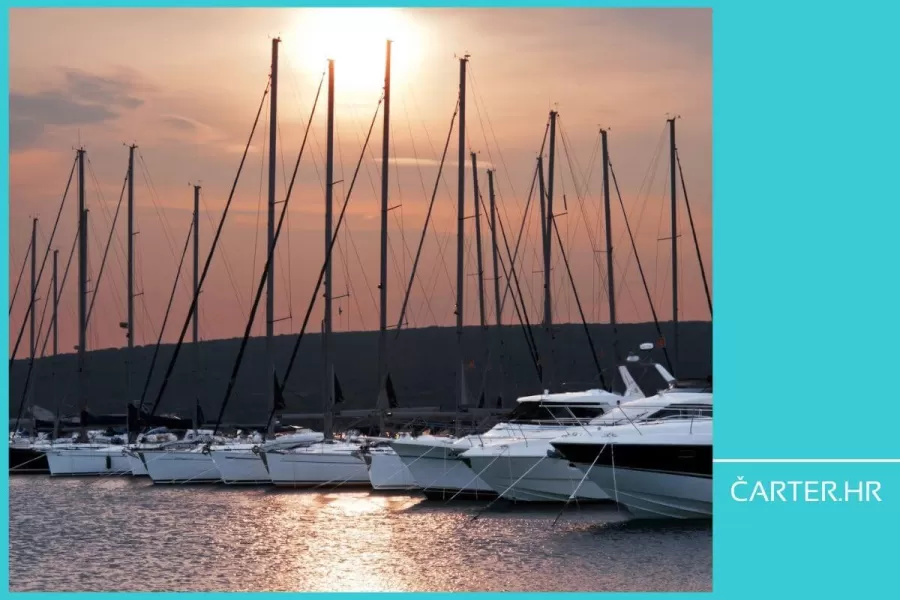
- 21.11.2023.
- News, Regulations
The problem of black tanks, that is, the emptying of black tanks, is present, although it is not given due attention. The biggest problem is the lack of infrastructure, which results in adopting these regulations in practice.
The discharge of solid and liquid waste, oily water, faeces and all other substances into the sea and on the seashore pollutes the environment and thus affects human health. Black tanks are legally regulated, but the problem is the application of legal regulations in practice. This mainly concerns the lack of infrastructure.

Legal regulation of black tanks for boats
The Ordinance on boats, boats and yachts contained the obligation to install a black tank in all boats with a toilet by the end of 2021, i.e. by 31 December 2021, and a connection for its emptying on land.
The former means the tank must not be emptied on the open sea.
The regulation mentioned above is not new. The obligation to install a tank for all new boats equipped with a sanitary facility has been prescribed by European standards in Croatia since 2006. The new Ordinance only extends this obligation to existing vessels. It determined a transitional period for the installation of tanks until December 31, 2021.
The ban on the discharge of solid and liquid waste, oily water, faeces and all other substances that pollute the sea, air or coast into the sea and on the coast is also prescribed by the Law on Amendments to the Maritime Code in 2013.
The vessel must be built so that it is impossible to accidentally release harmful substances into the sea (oil, fuel, etc.). Each sanitary unit installed in a recreational vessel must be connected only to the wastewater tank system or the water treatment system.
Recreational vessels with built-in faecal holding tanks must be equipped with a standard discharge port that allows the pipes of the receiving device to be connected to the discharge piping of the recreational vessel. Valves with built-in means of ensuring the valve's closed position must be installed on the faecal pipes that end on the vessel's plating. Compliance is understood if a sanitary waste system is installed and complies with the Croatian standard HRN EN ISO 8099:2004 - "Small vessels - Sanitary waste collection system"; compliance is understood.
The introduction of ecological standards in particular purpose ports follows the Law on Maritime Resources and Sea Ports (NN No. 158/03, 100/04, 141/06, 38/09, 123/11, 56/16, 98/19), Rulebook on the conditions and manner of maintaining order in ports and other parts of internal sea waters and territorial sea of the Republic of Croatia (NN No. 72/21).
Therefore, it is necessary to implement a series of measures to enable marinas, harbours and ports to accept faecal and sanitary water from vessels.

Infrastructure of black tanks for boats
Considering the highlighted issue of lack of infrastructure, it is necessary for the competent authorities to define all the obligations of the concessionaire in terms of meeting the environmental standards of the port and to work on awareness of the necessity of applying European norms, regulations, and laws.
Since the final deadline for installing tanks was December 31, 2021, it can be assumed that the accompanying infrastructure on land should have been built by that deadline, which was not done.
However, the current lack of infrastructure clearly tells us how unclear and illogical the regulation is.
It is therefore necessary to change the regulation and adapt it to the real situation and to adapt the supporting infrastructure on land to the new technical requirements. In addition to the few existing wastewater collection stations, an infrastructure network should be built in all places where vessels dock, such as harbours, pumping stations, moorings, etc.
The importance of the aforementioned is also indicated by the fact that around 40% of the world's yacht charter fleet of ships from 10 to 24 meters is in Croatia, which impacts the ports where these ships dock.
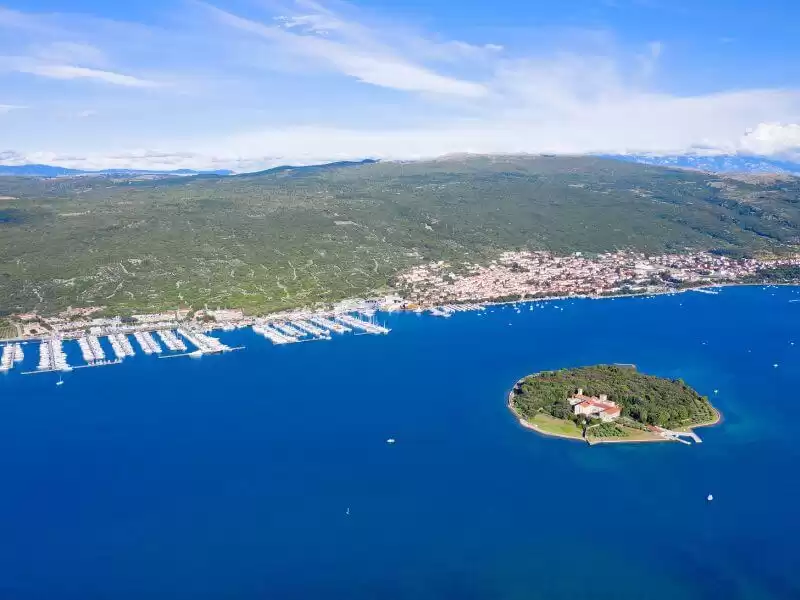
Marina Punat - a positive example
The Punat marina provides free emptying of black tanks for permanent guests and vessels in transit. It is carried out on a vessel in the sea and takes place in the service area next to the travel lift so as not to disturb the residents of the marina.
Marina Punat has secured means and equipment for preventing sea pollution and removing the consequences of sea pollution. Special purpose port concession holder Marina Punat d.o.o. has an applied and certified quality system per the ISO 9001 standard and an environmental protection management system per the ISO 14001 standard approved by BUREAU VERITAS.
Marina Punat provides all the information on the emptying procedure on its website. In this sense, it does not leave boat owners in doubt (who are sure they will not pay high fines). It is also a positive example of environmental protection.
Categories of trends
- News
- Sale
- Marketing
- SEO
- Web design
- Social media
- Technology
- Regulations
- Management
- Education
- Finances
- User experience
Newsletter
Sign up for the newsletter and receive the latest trends and tips straight to your inbox

